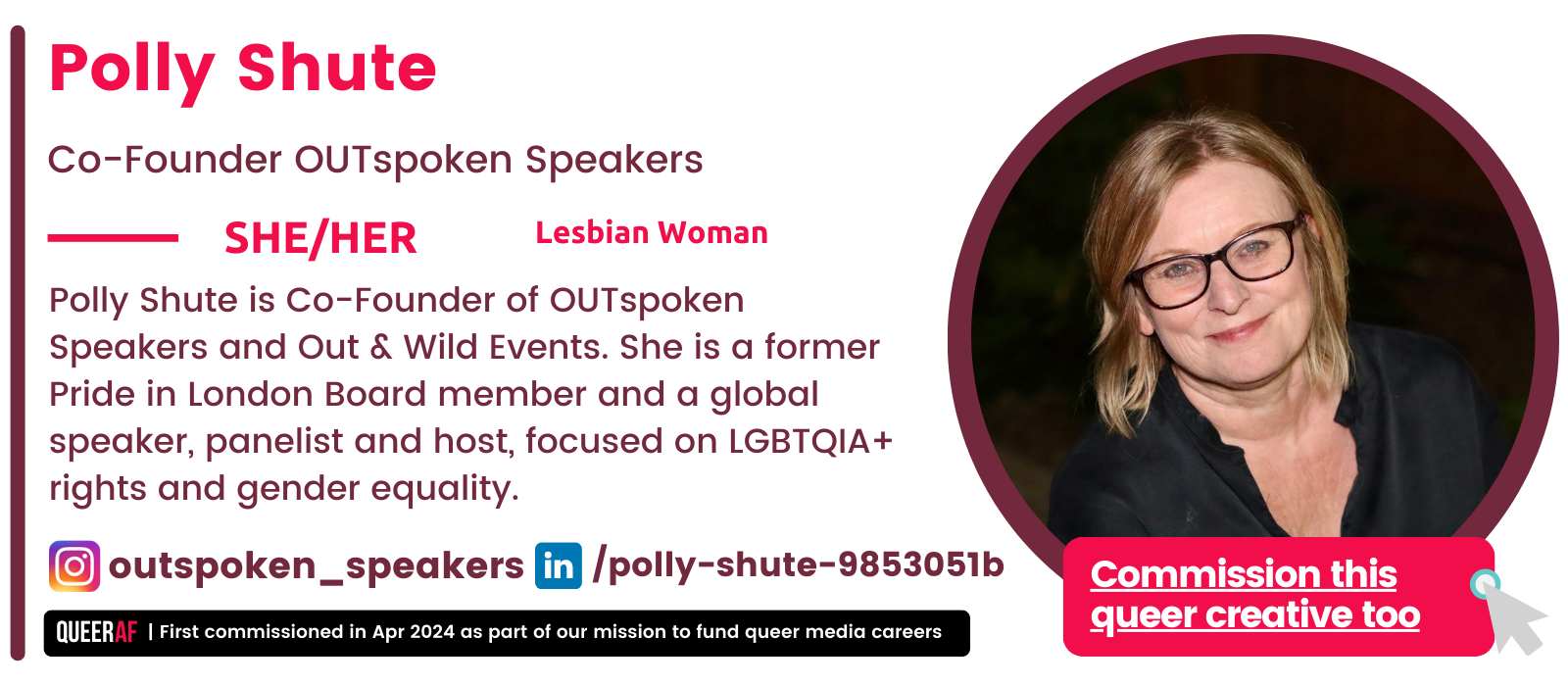
TL;DR: Post lockdown, there were genuine fears that lesbian bars were becoming more endangered. We saw the number of bars in the USA drop from over 200 to just 20, and in the UK closures have left just three permanent venues. But in this week’s Lesbian Visibility Week special newsletter, we ask if we are seeing the resurgence of lesbian bars as new bars, events, and meetups open.
In the last two decades we have seen the closure of so many lesbian bars. In the US, there were less than 20 lesbian bars remaining across the country by 2020, down from 200 in the 1980s - NBC
With rising rents, recession and COVID impact forcing well-loved venues to close their doors for good, it looked like we were seeing the end of lesbian and queer women’s bars.
But a recent revival suggests that, with a growing LGBTQIA+ community, more diverse and intersectional queer women-focused venues and events are coming back.
In February, hundreds of queer women and non-binary folk attended the opening of La Camionera in East London. It was so busy they ran out of Tapas and drinks and the eager crowds spilled onto the streets. The team behind the event has since crowd-funded almost £70k and is set to launch a permanent venue. In the USA, we are seeing a similar appetite for lesbian and queer women’s bars - NBC
What’s driving the resurgence?
Research as part of the first Lesbian Visibility Week in 2020 showed that women were looking for more events and spaces where they can connect with other queer women - DIVA
As someone immersed in the lesbian and queer women’s scene, I too can attest to the growing rejection of dating apps. Virtual groups have become increasingly focused on signposting and sharing IRL events.
As well as permanent venues, pop-up events and meetup groups are also growing, fuelled by improved apps and entrepreneurial lesbian and queer women who are keen to resurrect spaces. Long-running events like Southbank Surfing and Mint are seeing an increased demand from attendees. You can now find meetups that unite the community around focused interests like gaming, hiking, reading and even wild swimming.
Why do these spaces matter?
After a boom in the 1980s, the combination of rising costs and recession have killed off many queer spaces, as has a growth in acceptance for those who identify as LGBTQIA+ in mainstream spaces.
But even with increased societal acceptance, spaces that are designed by and for women who love women are needed.
“After lockdown, queer women are embracing social events with newfound enthusiasm, seeking a diverse range of experiences,” Nikki Chubb, founder of MINT Events tells QueerAF
“The landscape has evolved, with a vibrant expansion of lesbian and queer gatherings. Connections are flourishing from meetups to WhatsApp groups, reflecting a beautiful tapestry of shared interests and identities.”
Chubb adds that a need for more safe spaces for LGBTQIA+ women and non-binary people to connect is part of fostering a supportive and inclusive community.
What does the future hold?
Running a fixed venue will always be challenging, especially in the current climate, with bars and restaurants facing pressure from increased costs and the impact of the recession in the UK.
While seeing more permanent venues is great, I suspect the future will involve more pop-up nights and regionally led meetup events.
This approach that means we get the increasingly diverse community events with more focused needs is what we deserve anyway.


The Cass Review
Information is everything. It helps us reach and justify conclusions. But the information ecosystem is failing us.
When the Cass Review was released, news outlets rushed to cover the story, highlighting the report's conclusions without taking time to consider whether the report could be flawed.
In doing so, it amplified and solidified the report's key conclusions to the wider public without balancing them against the evidence it excluded to reach them.
While much of the news media zoned in on that conclusion, trans activists, healthcare experts, and the LGBTQIA+ sector combed through it line by line to show it was another official report captured by harmful, prejudiced rhetoric.
Crucially, despite a four-year process, it still failed to find any smoking gun of widespread regret among trans folks who transition. It instead had to rely on a methodology that allowed it to exclude any data about how gender-affirming care helps trans people.
It's not enough to know what the Cass Review says. We need to understand why it reached those conclusions. When we do, we can see it for what it is rather than what it's been reported as.
At QueerAF, we'll always take stock - and deliver accountability journalism with our unique slow news approach so you understand why.
We think that approach is essential so you have the information you need to fight back against anti-LGBTQIA+ rhetoric.
If you find it valuable, please consider upgrading today so we can deliver even more of it.












